Will the COVID-19 pandemic prompt a shift to healthier cities that focus on wellness rather than functional and economic concerns?
This is a hypothesis that seems to be supported by several researchers around the world. In many ways, containment and physical distancing measures have contributed to an increased recognition of the importance of public space as a gathering place and key tools for meeting people’s basic needs. Urban residents are more aware of the important role of this space as a living environment essential to their physical and psychological well-being.
Parks have become essential
Forced isolation and social distancing during the pandemic have exacerbated solitude and anxiety for part of our population. Numerous studies show that loneliness is linked to major health problems, including depression, heart problems and reduced life expectancy.
In recent decades, individualism, neo-liberal public policies and new technologies had already contributed to this isolation. Online shopping has gone so far as to deprive us of the micro-interactions that sometimes represented our only daily social contacts.
Many Montréalers in forced isolation were able to appreciate the qualities of the city’s urban space by using their balconies, front yards and alleyways, which enabled them to maintain certain close contacts and exchanges with neighbours while respecting physical distancing. From conversations from one balcony to the other to picnics at a distance between neighbours in the alley, the domestic environment has been able to broaden thanks to increased human contact.
Read the full article on The Conversation
Recommended by Stephanie Cheung

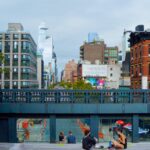



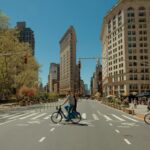

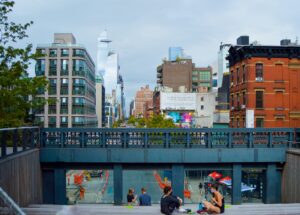
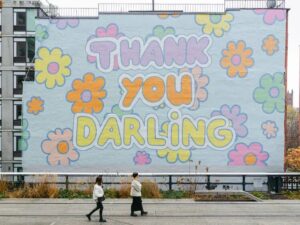
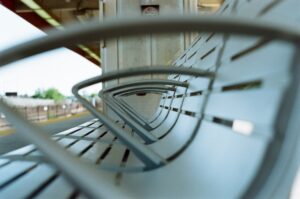

More Stories
The best outdoor art in NYC this winter (2024)
Activists vow to keep installing guerrilla benches at East Bay bus stops
A Blueprint for Public Realm Leadership